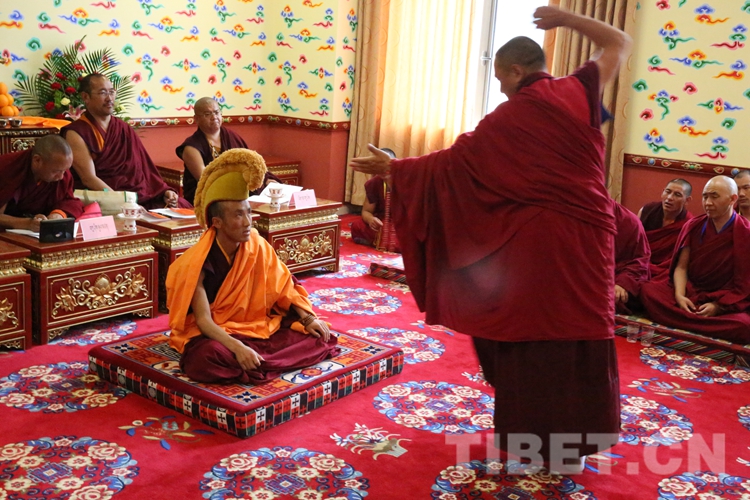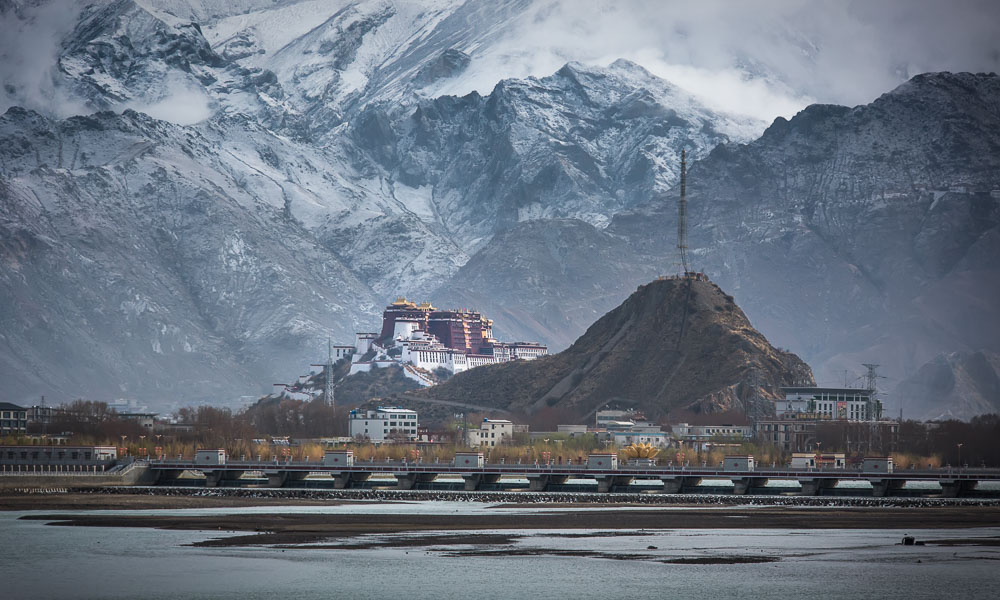Emancipated serf Nyima Wanggyur: “I want to see the new changes of the motherland!”
A reporter recently came into the home of 70-year-old Nyima Wanggyur in Nyingchi.
70-year-old Nyima Wanggyur’s home is located in Nyingchi, southwest China’s Tibet Autonomous Region. The spacious courtyard was simple and clean, and there was an off-road vehicle and a pickup truck parked next to a beautiful two-story Tibetan-style house.
“Before democratic reforms, my family had no land, so we had always been Duchung (one category of serfs in old Tibet). From the time I was born, my whole family worked for the owners of the manor estate in the village. We had no freedom,” Nyima Wanggyur recalled.
“We worked from morning to night, and for every meal we had a bowl of wild vegetable soup and a spoonful of tsampa. I was too young at the time, and I was given even less food, so I was hungry almost every day.”
“We didn’t have a house. The whole family huddled inside a small hut built of branches and broken stones, and we called this our house. Actually, the conditions were even not as good as the estate owner’s cattle pen,” Nyima Wanggyur said angrily. “When it rained in the summer, the whole house filled with water, and winter was even worse. The house couldn’t protect us from blizzards and the wind. After one night, the snow inside the house was as thick as the snow outside.”
“When I was five years old, my father suddenly caught a fever, but the estate owner still made him work hard, otherwise he would have been beaten. So his treatment was delayed, and he died soon after.” Saying this, Nyima Wanggyur’s eyes get a little moist.
“After my father died, my family lost its most important labor force, and the owner of the estate began to unscrupulously force my family to pay various taxes. Our family was often fined for bringing the taxes to the manor too late.”
One day in April 1959, a group of People’s Liberation Army (PLA) soldiers were stationed in the village. Immediately afterwards, the village began to hold meetings, announcing the abolition of the feudal serf system, and distributing land and different types of property to each household. Finally, Nyima Wanggyur really believed that the feudal serf system had really been abolished.
“My family received eight mu (1 mu = 0.165 acres) of land and four yaks. In the second year, my family had enough to eat, and our lives got better and better.” After democratic reforms, Nyima Wanggyur and other children of the same age in the village received an education.
In 1965, Nyima Wanggyur was recommended to study at Lhasa Normal School. After he graduated, he chose to return to his hometown and became a village cadre.
From 1972 to 2008, Nyima Wanggyur worked in the village. For decades, he has been conscientious and has done every work seriously.
Today, four generations of Nyima Wanggyur’s family live under one roof in a newly built house. Last year, the family earned more than 150,000 yuan (21,919.89 US dollars).
“I still want to live longer to travel to the inland China and see the new changes in the motherland!” Nyima Wanggyur said excitedly.
Tibet Stories

Losang Tsultrim: firmly on the path for an advanced Tibetan Buddhism academic title
Early in the morning on May 14, Losang Tsultrim has gotten up earlier than most. "Today is a...

